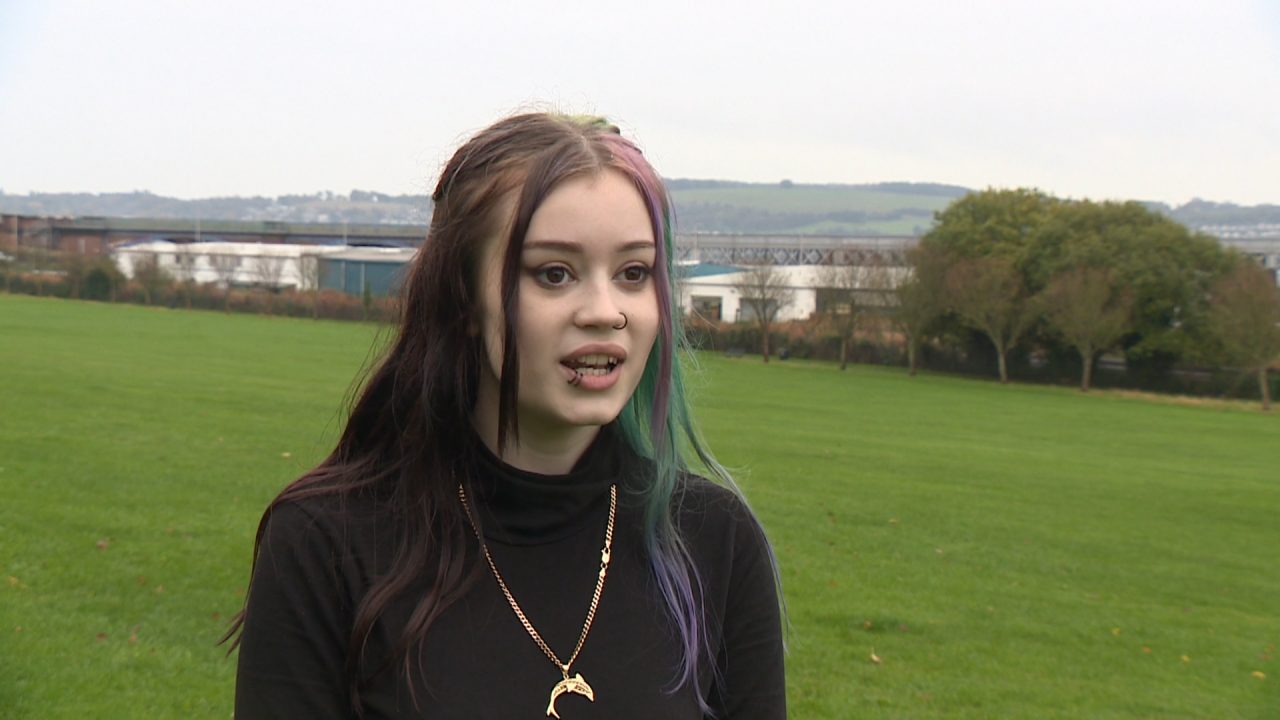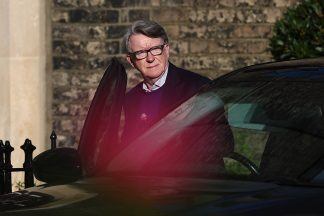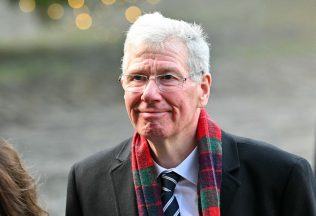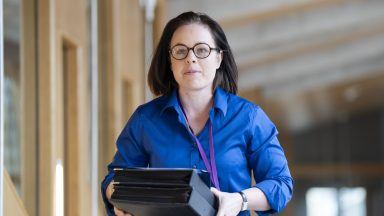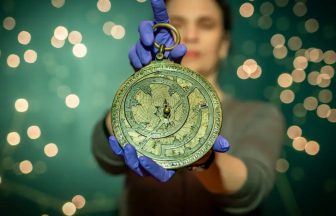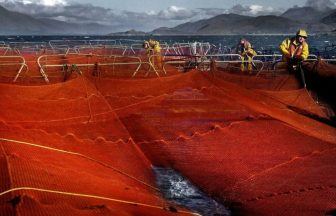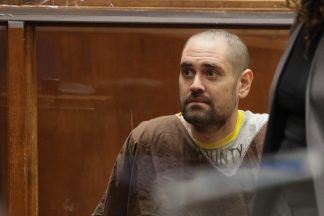Women are feeling “very, very scared” about going to nightclubs at the moment due to an increase in the number of spiking cases around the country, the Dundee-based organiser of a Girls Night In campaign has told STV News.
Students in Dundee and St Andrews boycotted nightclubs on Wednesday night, and many more young women are staying in on Thursday night to highlight the issue of female safety.
Police Scotland say investigations into claims of spiking by injection in Edinburgh and Dundee are ongoing.
And NHS Grampian has issued advice following 15 reports of spiking in Aberdeen nightclubs and pubs in recent weeks.
Dozens of local Instagram pages have been created to spread the news of the Girls Night In campaign, where women from various university cities will stay in, “spreading awareness and challenging clubs” to keep people safe.
Olivia Robertson, organiser of Girls Night In Dundee, told STV News: “I think anxious is definitely the right word and there is a lot of dismay happening.
“Everybody is very scared to go on nights out because honestly we just do not feel safe at the moment and some of the abysmal responses from clubs have really been putting into consideration how girls feel and it’s really been putting that into place – a lot of us are feeling very, very scared.
“Especially after Covid, a lot of people are wanting to go out right now and that is just obviously not safe enough for us right now and obviously in shows in all of the reactions and support that we have been getting.”
The National Police Chiefs’ Council (NPCC) said there have been 198 confirmed reports of drink spiking in September and October across various parts of England, Scotland, Wales, and Northern Ireland, plus 24 reports of some form of injection.
‘If you think you or your friend has been spiked’
- Speak to a member of staff at the venue as soon as you can — they want you to be safe and should be trained to help.
- Stay with them, keep talking to them and reassuring them that you’re getting help.
- Encourage them to avoid taking any more drugs, including alcohol.
- Prevent them from leaving the venue alone or with anyone you don’t trust and who can’t prove they know them well.
- Report the incident to Police Scotland.
Health board advice
- If you are concerned you have had contact with bodily fluids which may contain HIV or hepatitis, it is important you seek help as soon as possible by calling 111, attending an emergency department, or contacting Grampian Sexual Health who can provide HIV and hepatitis B post-exposure prophylaxis (PEP).
- PEP for HIV is a medication that prevents the transmission of HIV. It should be taken as soon as possible, but it can be taken up to 72 hours after exposure. The earlier it is taken the more effective it is.
- If you are concerned regarding a possible sexual assault, please contact Police Scotland on 101 or in an emergency 999. Alternatively, you can contact Grampian Sexual Health on 0345 337 9900.
- If you are concerned you may have been spiked and are looking for general health advice, you should contact your GP.
Follow STV News on WhatsApp
Scan the QR code on your mobile device for all the latest news from around the country


